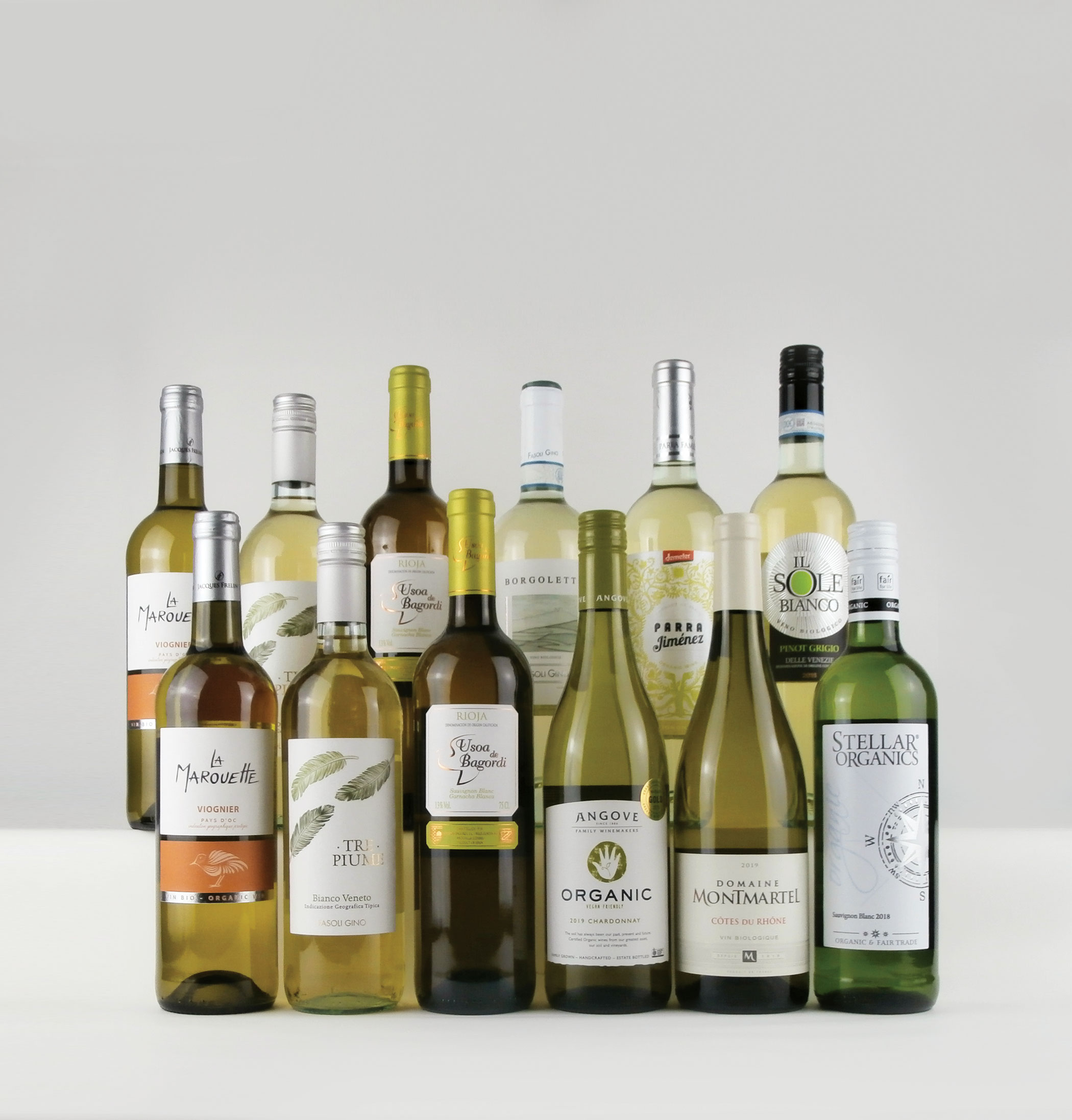This website uses cookies to improve your experience. We'll assume you're ok with this, but you can opt-out if you wish. Cookie settingsAccept
Privacy & Cookies Policy
Privacy Overview
This website uses cookies to improve your experience while you navigate through the website. Out of these cookies, the cookies that are categorised as necessary are stored on your browser as they are essential for the working of basic functionalities of the website. We also use third-party cookies that help us analyse and understand how you use this website. These cookies will be stored in your browser only with your consent. You also have the option to opt-out of these cookies. But opting out of some of these cookies may have an effect on your browsing experience. Find out more here.
Necessary cookies are absolutely essential for the website to function properly. This category only includes cookies that ensures basic functionalities and security features of the website. These cookies do not store any personal information.
Any cookies that may not be particularly necessary for the website to function and is used specifically to collect user personal data via analytics, ads, other embedded contents are termed as non-necessary cookies. It is mandatory to procure user consent prior to running these cookies on your website.



Organic wine – How to find it in the UK
Fruits and vegetables are good for you, but they’re not created equal. In order to earn as much profit as possible, lots of fruit and vegetable farmers pump their products with pesticides and other chemicals, to help them grow faster and protect them from insect infestations. Since the organic boom of the nineties, there’s been a notable shift towards organic produce, and, because of it, lots of farmers are switching to grow organic products, which means finding Organic wine in the UK is now easier than ever.
The average wine drinker might conclude that all wine is organic, based on the traditional imagery in people’s minds of grapes in a bucket, being pressed by people’s feet. Sorry, but that’s not how most wine is produced. There’s a huge amount of machinery involved, massive harvests to be reaped, and growers have an easier job if they use chemicals to help them along.
So, how do you find organic wine in the UK? Well, you can guarantee the wine producers will present their certification somewhere on their label. They’re only allowed to advertise their wine as organic if they’ve been certified by an approved body, and that takes time and costs money, so you better believe they’ll be shouting about it. If you’re looking for it, the European Union certification symbol is a white star leaf shaped logo on a green background.
What is organic wine?
Organic wine is produced with organically grown grapes, which means that a qualified manager of the source vineyard has ensured that a very specific set of procedures and core practices have been undertaken to secure the purity of their vines. Non-organic elements must be excluded from all processes used to make the wine. It’s important that you don’t confuse a fully organic wine for one produced using organically grown grapes, as these are two different things. The latter still contains additives that would not be permitted if a producer were to request an organic certification.
Just because a wine is identified as being organic, it may still contain some additives, so don’t jump to the conclusion that organic wines are also vegan. Ingredients like yeast, egg whites, and other animal enzymes, such as isinglass – which comes from fish – are all allowed in the production of organic wines.
The benefits of organic wine
This process of winemaking has no impact from wider artificial ingredients in its production. You can be sure that there are no herbicides or pesticides used in the growing process, which means your wine is closer to natural form than it would be if it were not organic.
There is also a huge emphasis on vineyard managers to work with nature, embracing the biodiversity of the area, and removing potential threats to the crop through the use of good old fashioned human monitoring and action should an insect attack appear.
What stops a wine from being organic?
Traditional wine production uses colour additives, which bring a very deep purple colouring to some wines. Producers sometimes add caramel or malic acid as flavouring agents. These are not allowed in organic wines, nor are the use of Genetically Modified Organisms (GMOs).
At the winery, wine-makers can add only minimal sulphites, and are not permitted to add any non-organic elements as part of the crushing, fermentation, ageing or bottling process.
Buy from supplier that only sells organic supplier
There are lots of UK supermarkets selling organic wines. As we mentioned earlier, producers are usually very explicit about their certification, plastering it on their bottles where it’s obvious for all to see.
If you’re still not sure, or time is important to you, the best way to source organic wine is to buy from an organic supplier, like Veo Wines. Our wines are sourced from smaller producers worldwide, are certified organic, 100% free from animal products, and produced to the highest quality without compromise.
To view our selection, please visit our ‘Wines’ page.